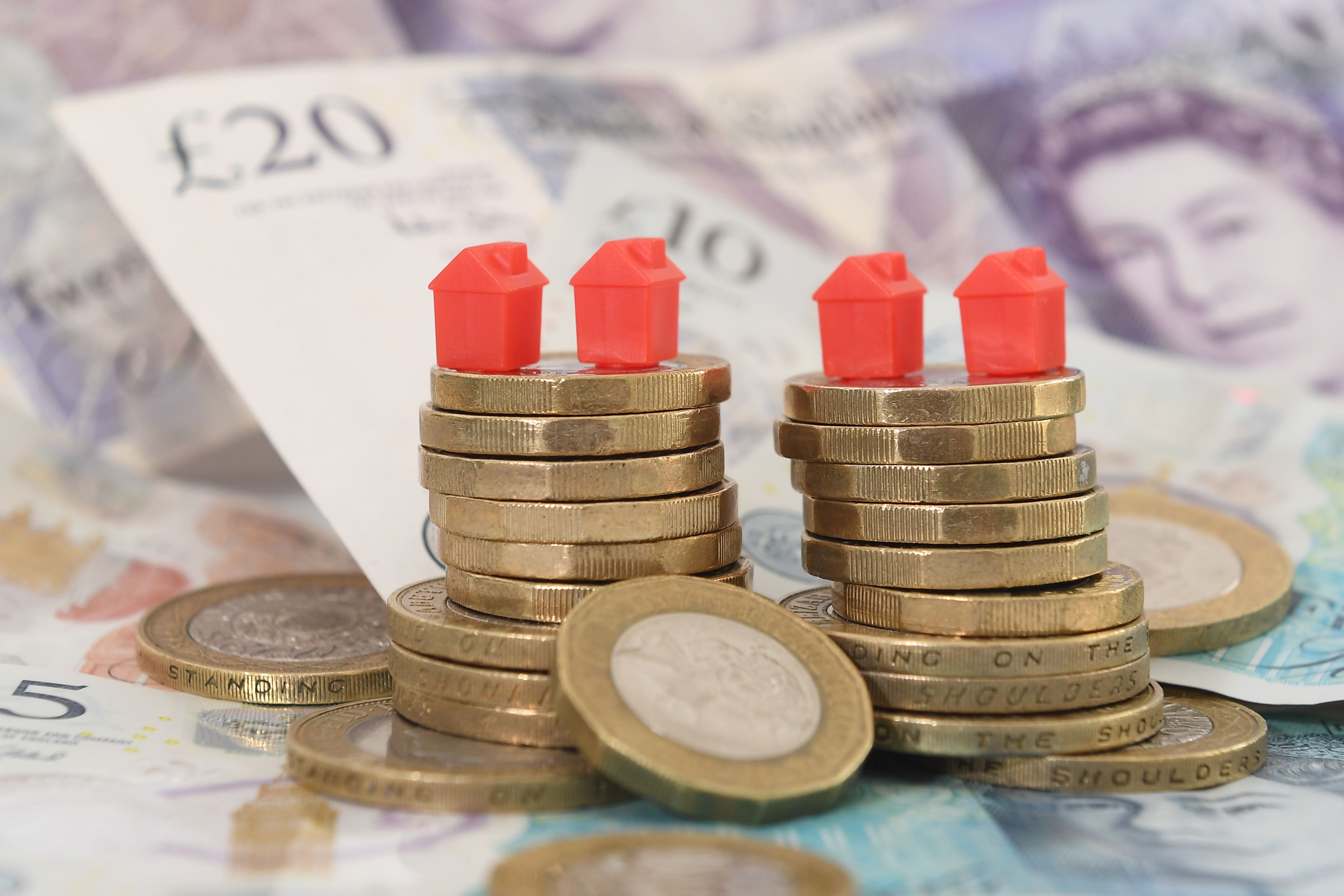Mapped: UK house prices falling at fastest annual rate since 2009
Data from Halifax showed that house prices dropped by 4.6% in August

Average house prices in the UK are falling at their largest annual rate since 2009, as increased interest rates, higher mortgage costs and the seasonal summer slump impacted sales.
Data from Halifax showed that house prices dropped by 4.6% in August, with the downward trend generally recorded across all regions of the UK.
But despite dropping by £14,000 over the past year, the average house price remains around £40,000 – or 17% – above pre-pandemic levels, Halifax said.
Britain’s largest mortgage lender said it should be noted that the drops are from record-high property prices seen last summer. Across the UK, the average house price in August was £279,569.
The typical property value fell by 1.9% month on month in August, marking the largest monthly fall since November 2022.
Kim Kinnaird, director, Halifax Mortgages, said: “It’s fair to say that house prices have proven more resilient than expected so far this year, despite higher interest rates weighing on buyer demand.
“However, there is always a lag-effect where rate increases are concerned, and we may now be seeing a greater impact from higher mortgage costs flowing through to house prices.
“Increased volatility month to month is also to be expected when activity levels are lower, though overall the pace of decline remains in line with our outlook for the year as a whole.
“Market activity levels slowed during August and, while there is always a seasonality effect at this time of year, it also isn’t surprising given the pace of mortgage rate increases over June and July.
“While these did ease last month, rates remain much higher compared to recent years. This may well have prompted prospective buyers to defer transactions in the hope of some stability, and greater clarity on the future direction of rates in the coming months.
“The market will continue to rebalance until it finds an equilibrium where buyers are comfortable with mortgage costs in a higher range than seen over the previous 15 years.
“We do expect further downward pressure on property prices through to the end of this year and into next, in line with previous forecasts.”
She added: “Income growth has remained strong over recent months, which has seen the house price-to-income ratio for first-time buyers fall from a peak of 5.8 in June last year to now 5.1.
“This is the most affordable level since June 2020, and will be partially offsetting the impact of higher mortgage costs.”
Halifax said that, across the UK, northern locations are generally proving to be more resilient than southern areas.
The South East, where people often have to find big deposits and spend high amounts on monthly mortgage payments, experienced the biggest annual house price drop. House prices have fallen by 5.0% annually.
In Wales, which has recorded some of the biggest gains in property prices during the pandemic-driven “race for space”, property prices have fallen by 4.7% annually.
In Northern Ireland, property prices fell by 1.5% annually, while in Scotland, property prices fell by 0.6%, marking the slowest annual pace of decline in the UK.
In London, house prices fell by 4.1% annually. In cash terms, it recorded the biggest annual decline across the UK, with prices there having fallen by £22,777 on average.
Tom Bill, head of UK residential research at estate agent Knight Frank, said: “Buyers and sellers knew interest rates would rise after being close to zero for 14 years – they just didn’t expect it to feel like being strapped into a rollercoaster.
“We don’t anticipate a cliff-edge moment for prices but a single-digit decline this year is likely to be repeated next year.”
Mark Manning, managing director of Northern Estate Agencies Group, said falling house prices are not going to come as a surprise to many, “but it overcooks what is happening here in Yorkshire, Greater Manchester and Lancashire.
“We continue to see a really resilient housing market in these northern regions, with average prices holding up well – which is remarkable considering everything that has been thrown at sellers and buyers over the last 18 months.”
Additional reporting by PA
Join our commenting forum
Join thought-provoking conversations, follow other Independent readers and see their replies
Comments

Bookmark popover
Removed from bookmarks